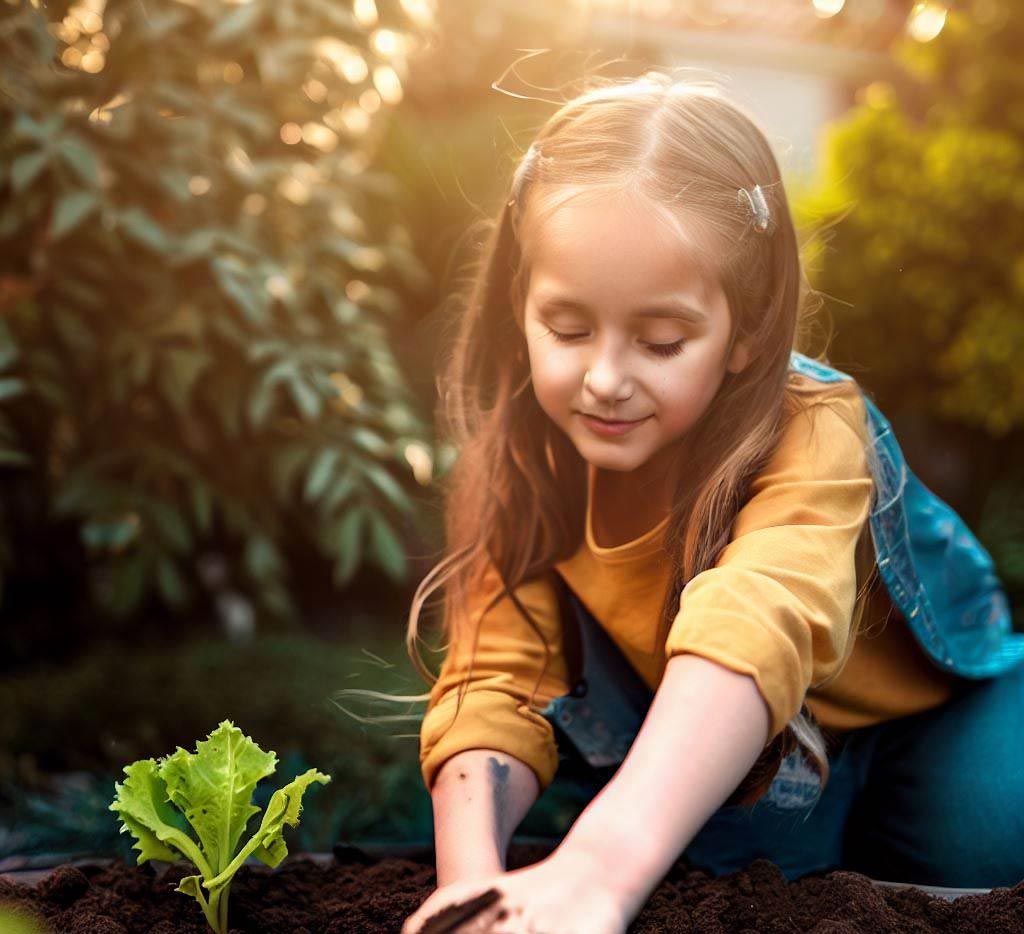
Starting Your Organic Garden: A Comprehensive Guide
Organic gardening has steadily gained traction among homeowners, environmental enthusiasts, and gardeners at all skill levels. This guide will provide all the information you need to start and maintain an organic garden, incorporating short-tailed and long-tailed keywords throughout to optimize readability and searchability.
What Is Organic Gardening and Why Should You Do It?
Organic gardening, also known as natural gardening, eco-friendly gardening, or green gardening, is a method of growing plants without synthetic pesticides, fertilizers, or genetically modified organisms. It focuses on cultivating a diverse, healthy ecosystem that promotes soil health, conserves water, and reduces pollution.
There are several benefits to this type of gardening:
-
Health: Organic gardening eliminates the risk of exposure to potentially harmful chemicals.
-
Environment: It promotes biodiversity, reduces water usage, and helps combat climate change.
-
Economy: It can save you money in the long run, as you will use readily available materials, like kitchen scraps, for composting.
"Organic gardening is more than simply avoiding synthetic pesticides and fertilizers. It is about creating a thriving garden ecosystem that sustains and nourishes plants, soil microbes, and beneficial insects," says Miranda Smith, an expert in organic cultivation and author of several gardening books.
Starting an Organic Garden from Scratch
Beginning an organic garden can initially seem daunting, but with the proper knowledge and preparation, it can become a rewarding experience. Here are detailed steps to guide you:
1. Choose the Right Location
Your garden's success depends significantly on the location. Ensure the area gets at least 6 to 8 hours of sunlight daily. The location should also have good soil drainage and be easily accessible for watering and maintenance. For sloped or uneven terrain, consult retaining wall construction experts to help create a stable and aesthetically pleasing garden layout.
2. Prepare Your Soil
Proper soil preparation is critical in organic gardening. The soil is the lifeblood of the garden, providing your plants with the necessary nutrients. Start by testing your soil to understand its pH level and nutrient content. Then, organic matter such as compost or well-rotted manure can be added to improve soil fertility. This process, known as "composting," is crucial to sustainable agriculture.
3. Choose the Right Plants
Research the types of plants well-suited to your region's climate, soil type, and sunlight exposure. Opt for organic seeds or plants not treated with synthetic pesticides. This is key to maintaining the integrity of your organic garden.
4. Plant Your Garden
Arrange your plants to allow for good air circulation and efficient watering. Also, consider crop rotation, planting different crops in different places each season to prevent the build-up of pests and diseases and to maintain soil fertility.
5. Water and Care for Your Garden
Water your plants thoroughly and regularly, especially in the early morning or late evening, to reduce water evaporation. Regularly remove weeds and use organic mulch to conserve water and suppress weed growth to maintain your garden.
6. Employ Organic Pest Control
Organic pest control is a crucial part of maintaining an organic garden. This includes using natural predators, companion planting, and organic pesticides.
In-Depth Knowledge: Soil Preparation, Composting, and Pest Control
Organic gardening is as much about the process as the result. Understanding the practices and principles that underpin it is essential.
Soil Preparation
Healthy soil, rich in organic matter, is key to a successful organic garden. Organic matter improves the soil structure, aids nutrient and water retention, and encourages beneficial microbial activity. Composting is an effective way of adding organic matter to the soil.
Organic Composting
Composting involves decomposing organic waste materials to create a nutrient-rich soil conditioner. This can be made from kitchen scraps, yard waste, or manure. Not only does composting enrich your soil, but it also reduces the amount of waste sent to landfills.
Organic Pest Control
Organic pest control involves various methods, such as biological control (using natural enemies of pests), mechanical methods (like traps and barriers), and natural pesticides (derived from plants or minerals).
Maintaining an Organic Garden through the Seasons
Seasonal care is a critical aspect of organic gardening. Each season has its own set of tasks:
-
Spring: Prepare beds, start composting, and plant early-season crops.
-
Summer: Water regularly, mulch, and monitor for pests.
-
Fall: Harvest crops, plant cover crops, prepare for winter.
-
Winter: Protect plants from frost and plan for the next growing season.
Real-life Experiences and Expert Tips
Consider the experience of Lisa and John, who started their organic garden in their suburban backyard. They faced challenges such as dealing with pests and poor soil health. However, with time, research, and experimentation, they now have a thriving garden that provides a substantial portion of their food.
Lisa says to other aspiring organic gardeners, "Start small, be patient, and learn as you go. Organic gardening is a journey, not a destination."
Conclusion
In conclusion, organic gardening is an eco-friendly, sustainable, and rewarding gardening method. It allows you to enjoy the fruits of your labor most naturally and healthfully. So, why wait? Start your organic gardening journey today. You'll be reaping the benefits in no time.
Remember, as Audrey Hepburn once said, "To plant a garden is to believe in tomorrow." So, plant your organic garden, and believe in a healthier, more sustainable tomorrow.
Agricultural Science




